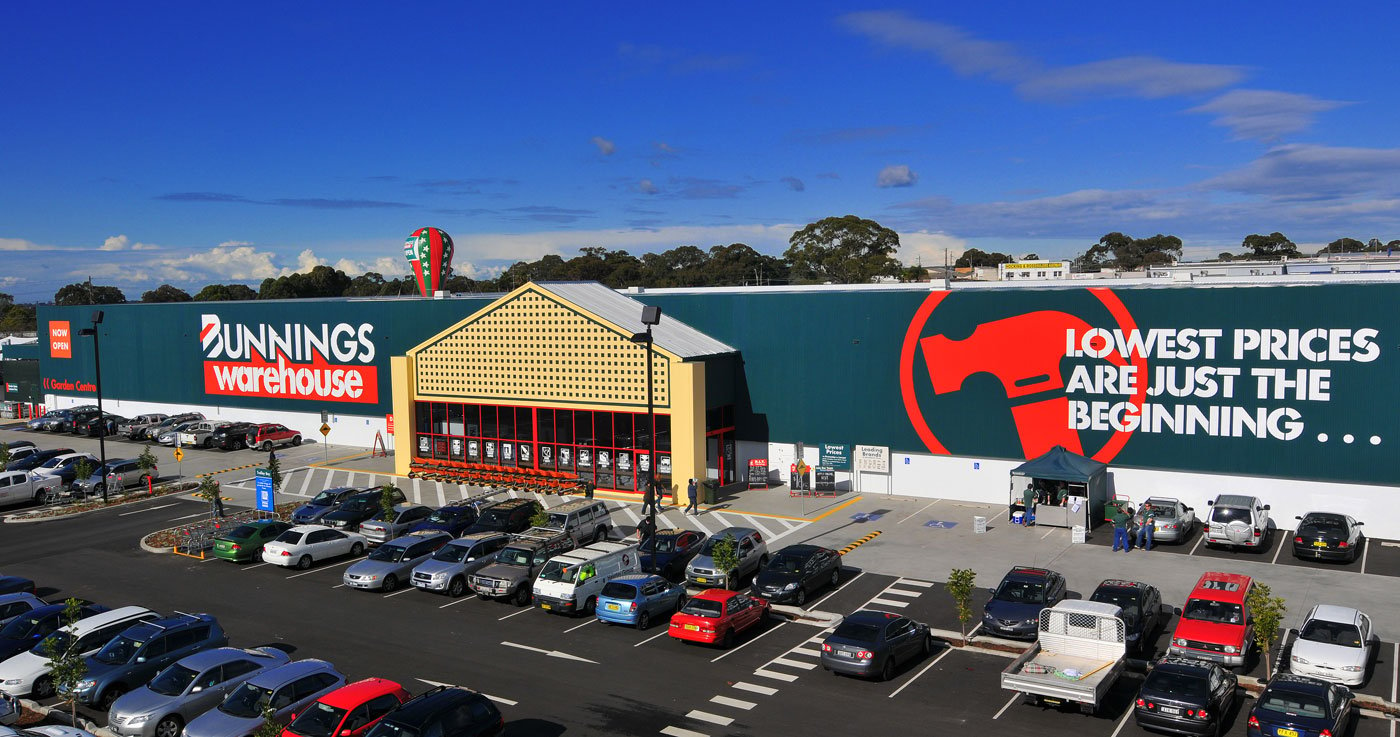
Channelnews : bunnings facing senate probe over pricing, profits & whether they are a monopoly
- Select a language for the TTS:
- UK English Female
- UK English Male
- US English Female
- US English Male
- Australian Female
- Australian Male
- Language selected: (auto detect) - EN
Play all audios:

Bunning who last week was jumping into the ‘Rave’ business is now facing a Senate grilling over their pricing and supply policies with some observers claiming they are a ‘monopoly” in the
Australian hardware market. The business that has also moved into low-cost house brand appliances and kitchens are also set to be grilled about their treatment of customers and the pressure
that they put on suppliers when negotiating margins. The Wesfarmers owned business that is set to report their latest financials on Wednesday are facing a new parliamentary inquiry by the
Federal Senate economics committee who are concerned about the rising cost of goods by a Company that has a major share of the hardware and gardening market. Bunnings profits surged 40 per
cent during the COVID-19 pandemic as many Australians turned to home improvement and the renovation of homes. The probe into big-box retail chains selling household items outside the reach
of the food and grocery sector’s code of conduct has raised concern among retailers. Mike Schneider Bunnings managing director claims that the business should be except and not part of the
‘grocery code.’ Ross Cadell a NSW Nationals senator has raised concerns about what he says are tough conditions for suppliers imposed by big retailers such as Bunnings who he has accused of
engaging in restrictive minimum ordering requirements and consumer mark-ups of 50 to 100 per cent. He also wants an investigation of Wesfarmers lang acquisition practises and whether they
are land banking sites to keep out competitors. Some Liberal MPs speaking to The Australian Financial Review on the condition of anonymity expressed frustration about what they believe is
creeping anti-business policy advocated by the Nationals. Former Victoria premier Jeff Kennett has called the supermarket divestment plan “madness” that demonised employers and would not
bring down prices at the checkout. Some city-based politicians have told ChannelNews that the Nationals are “Basically looking after rich land and farm owners”. Former Labor minister Craig
Emerson who recently carried out an investigation of the retail market in particular supermarkets, opted not to add the Wesfarmers-owned Bunnings, Chemist Warehouse or online giant Amazon to
the grocery code in recommendations of his review commissioned by the Albanese government. Recently Schneider was criticised in the Senate supermarkets inquiry report for not appearing to
give evidence in person and now faces another request to appear in Canberra. In April, he said Bunnings should not be covered by the grocery code, telling The Australian Financial Review
that “a one-size-fits-all will fit very few.” A Bunnings spokeswoman said on Sunday that the company would work constructively with the latest inquiry, “including to provide insight into our
focus on delivering value to customers through lowest prices”. “We have deep connections with communities through our many local partnerships and initiatives, and our employment of more
than 50,000 people across Australia,” she said. Senator Cadell said, “With no requirement to be bound by the code, customers are exposed to the risks of rising market power without
competition,” “The system in which our big-box retailers operate must prioritise value for consumers. Instead, it seems that as prices increase at the checkout, and margins shrink for the
suppliers, only the big-box boys get richer.” He accused Labor of being too slow to reform the country’s competition laws, and suggested Bunnings and other retailers are squeezing suppliers
and customers. Last week the Wesfarmers owned business was given the green light to host a massive rave party in a Melbourne car park, the move comes as several rave parties across Australia
have been cancelled including Splendour in the Grass, Spilt Milk and Harvest Rock. About Post Author David Richards David Richards has been writing about technology for more than 30 years.
A former Fleet Street journalist, he wrote the Award Winning Series on the Federated Ships Painters + Dockers Union for the Bulletin that led to a Royal Commission. He is also a Logie Winner
for Outstanding Contribution To TV Journalism with a story called The Werribee Affair. In 1997, he built the largest Australian technology media company and prior to that the third largest
PR company that became the foundation company for Ogilvy PR. Today he writes about technology and the impact on both business and consumers.
